Zeus, the king of the gods in ancient Greek mythology, holds a paramount position in the pantheon of deities. He is primarily known as the god of the sky, lightning, and thunder. Often depicted wielding a thunderbolt, Zeus embodies both power and authority, which establishes him as a central figure in mythological narratives. Believed to have been born on Mount Olympus, he reigns supreme over the other gods, ensuring order and justice within the cosmos. The mountain itself, Olympus, stands as a symbol of divine residence and immortal beauty, considered the dwelling place of the gods, where they were believed to exist in harmony.
In ancient Greek culture, Mount Olympus was more than just a physical location; it represented the spiritual and religious beliefs of the Greeks. It was viewed as the ultimate abode where the gods resided away from the mundane world, highlighting their power and divine nature. The summit of Olympus was perceived as the gateway between mortals and the celestial, wherein the gods could overlook and influence human affairs. This connection reinforced the ancients’ belief that the gods were active participants in their lives, directly affecting their fate and fortune.
As we delve deeper into the mythology surrounding Zeus and his majestic Olympus, we uncover more than just tales of heroism and omnipotence. The concept of the “gates of Olympus” emerges, representing a threshold between human limitations and divine possibilities. This idea not only captivates believers and scholars alike but also provides an intriguing lens through which modern interpretations, such as the slot gacor online experiences like anakjeus and anakjeus4d, can be explored. Understanding the significance of Olympian mythology lays the groundwork for our journey into mastering the gates of Olympus, enhancing our appreciation for this storied realm.
The Mythology of Olympus: A Divine Background
Mount Olympus, revered in ancient Greek mythology, served as the celestial realm where the Olympian gods resided. This majestic mountain, often seen as the ultimate symbol of divine authority, was home to some of the most significant deities, including Zeus, Hera, Poseidon, and Athena. Each god held distinct roles and responsibilities, shaping a complex interaction between themselves and humanity. Zeus, the king of the gods, was often depicted seated on a magnificent throne, a representation of his supreme power and control over both gods and mortals alike.
Zeus’s authority extended beyond mere governance; he was also known to intervene in human affairs, wielding his thunderbolt to deliver both justice and punishment. His siblings, such as Hera, the goddess of marriage, and Poseidon, the god of the sea, further enriched the narrative tapestry of Olympus. Hera’s jealousy, for example, often led to conflicts with Zeus’s various consorts and offspring, highlighting the relational dynamics among the deities. Athena, the goddess of wisdom and warfare, offered a different perspective, embodying intelligence and strategy, thus balancing the often chaotic interactions among the gods.
The legends surrounding these deities not only explain natural phenomena but also serve as cautionary tales to humanity. The mythologies often explore themes of hubris, loyalty, and divine retribution, echoing through centuries. For instance, the tales of Zeus’s infidelity and Hera’s ensuing wrath reflect complex moral lessons. Furthermore, the throne of Zeus has become a powerful symbol within these stories, representing not only his authority as the chief deity but also the balance of power among the gods, a theme that resonates in contemporary narratives as well. Ultimately, the rich mythology surrounding Olympus remains deeply embedded in cultural consciousness, illustrating the ongoing influence of these ancient tales.
Understanding the Gates of Olympus
The Gates of Olympus hold significant importance within Greek mythology and literature, symbolizing the passage between the mortal realm and the divine. These ethereal gates epitomize a boundary that marks the separation of human experience from the celestial lives of gods and deities. In various mythological narratives, only those favored by the gods, such as heroes or exceptionally virtuous individuals, were permitted to enter through these gates. This selective access reflects both the power of divine beings and the awe-inspiring respect they commanded among mortals.
The concept of the Gates of Olympus also highlights the trials that mortals face in their pursuit of divine favor. Many characters in mythological tales undertake arduous journeys or face formidable challenges, akin to the complexities represented within modern gaming narratives. For example, games like Zeus 1000 and Anakjeus incorporate themes that echo the aspirations of humans seeking approval from higher powers. These trials symbolize the struggles inherent in attaining divine favor, showcasing the juxtaposition between human vulnerability and the omnipotence of gods.
Moreover, the Gates of Olympus serve as a metaphor for the aspirations and limitations that define human existence. Mortals, driven by ambition, often find themselves in situations where they must navigate the complexities of fate, morality, and divine involvement. As these boundaries are explored, it becomes evident that the challenges faced can lead to the growth, transformation, or downfall of individuals. In the context of interactive gaming environments such as Anakjeus4d and slot gacor online, these themes of striving towards the divine resonate deeply, as players engage in quests that parallel the mythic journeys of ancient heroes.
The Symbolism of Zeus’s Throne
The throne of Zeus is a multifaceted symbol that embodies not only his position as king of the Olympian gods but also the broader themes of authority, justice, and the connection between divine and mortal realms. In ancient mythology, Zeus’s throne serves as a potent emblem of power, signifying his dominion over other gods and his responsibility towards human beings. The grandeur of the throne, often depicted as ornately designed and embellished with intricate details, reinforces the concept of divine governance and the moral order that Zeus represents. Elements such as gold, ivory, and the presence of other gods in artistic renditions further amplify this symbolism, illustrating the splendor of his rule.
Artistic interpretations of Zeus’s throne have varied significantly over time, reflecting cultural changes and evolving societal values. In classical art, the throne is often portrayed as a majestic seat elevated above others, signifying Zeus’s superiority and the vital role he plays in the pantheon. In contrast, later interpretations, including modern adaptations in video games and films, may reimagine the throne within different contexts, sometimes emphasizing its spiritual significance over its physical grandeur. For instance, in popular online slot games such as “Gates of Olympus,” creators utilize the throne to highlight the themes of fortune and divine favor, engaging players by connecting them to the mythology of Zeus through immersive gameplay. The allure of ‘slot gacor online’ experiences allows devotees to feel a sense of connection with this powerful figure.
Throughout history, the depiction of Zeus’s throne not only illustrates his authority but also serves as a reflection of the society that created these images. The throne’s iconography has been analyzed and debated by scholars and artists alike, showcasing its timeless relevance in art and storytelling. Ultimately, the throne of Zeus continues to function as a bridge linking the realms of the divine and the mortal, offering insights into ancient belief systems while simultaneously captivating modern audiences.
Mastering the Gates: Trials and Sacrifices
Throughout the annals of mythology, the gates of Olympus have stood as a symbol of divine entrance, representing not only a physical threshold but also the trials and sacrifices that mortals must endure to gain favor with the gods. The legendary Twelve Labors of Heracles embody the essence of such challenges, detailing the tasks deemed impossible by mere mortals, yet achievable by those blessed with purity of heart and unwavering perseverance. These labors present a multifaceted perspective on human endeavor, showcasing the tenacity required to confront divine obstacles.
Each labor, meticulously crafted by the pantheon, serves a dual purpose: it tests the hero’s strength as well as their moral compass. From slaying the Nemean Lion to capturing the elusive Golden Hind, Heracles confronted fierce beasts and daunting tasks, often with the understanding that failure carried dire consequences. Such narratives are not merely tales of victory but serve as poignant reminders of the sacrifices inherent in the pursuit of greatness. The trials impose a narrative arc where the hero’s struggles yield both personal growth and latent divine rewards, forming a connection between the mortal realm and the ethereal Olympus.
Success in these trials often led to profound enlightenment and favor from the deities, opening the gates of Olympus to those who prove their worth. However, intentional or inadvertent missteps could result in dire repercussions—turning triumph into tragedy. This delicate balance between success and failure underscores the broader theme of moral integrity in the face of adversity. As players navigate the gates of Olympus in various interpretations, such as the gaming realm represented by “gates of olympus,” they too must embody the spirit of Heracles, manifesting persistence akin to that of the legendary hero. Thus, whether through myth or modern gameplay like anakjeus and anakjeus4d, the essence of trial and sacrifice remains profoundly engaging, offering insights into the human condition and the divine interplay of rewards and consequences.
Cultural Depictions of the Throne and Gates
The imagery of Zeus’s throne and the gates of Olympus has been a profound source of inspiration in various forms of cultural expression, transcending geographic and temporal boundaries. Originating from ancient Greek mythology, these symbols have been depicted extensively in literature, art, and modern media, showcasing their enduring significance throughout human history.
In classical art, depictions of Zeus are commonly represented through grand sculptures and intricate frescoes, often illustrating the grandeur of his throne. These artistic renditions not only highlight the physicality of Zeus but also symbolize his sovereignty over the gods and humankind. The portrayal of Olympus as a heavenly abode, safeguarded by formidable gates, echoes the themes of power and divine authority that permeate many narratives surrounding ancient deities.
Literature has also played a crucial role in perpetuating the image of Zeus’s throne and the gates of Olympus. Homer’s “Iliad” and “Odyssey” are seminal texts that frame Zeus not just as a deity of storms but a ruler seated upon an opulent throne, dictating the fates of mortals. The representation of Zeus in these works reflects broader cultural values, emphasizing justice and retribution while showcasing the allure of Olympus’s gates as a metaphor for aspirations toward the divine.
In contemporary media, the legacy of these symbols persists prominently in films, novels, and video games. For instance, the rising popularity of slot gacor online games featuring mythical themes often includes elements of Zeus’s authority and the gates of Olympus, combining entertainment with classical mythology. These modern interpretations serve to recontextualize the ancient narratives for contemporary audiences, allowing the ethos of figures like Zeus and the grandeur of Olympus to resonate with new generations.
This enduring fascination with the throne of Zeus and the gates of Olympus underscores the profound impact of mythology on artistic expression, suggesting that these cultural artifacts will continue to inspire creative endeavors in various forms for years to come.
Lessons from the Myth of Zeus’s Throne
The myth of Zeus and his throne at the gates of Olympus serves as a profound source of moral and philosophical reflections. Within this ancient narrative, the tale embodies themes of leadership, responsibility, and the repercussions of hubris, offering timeless lessons that resonate in contemporary society. Zeus, as the king of the gods, symbolizes authority and governance; however, his journey also illustrates the burden that such power imposes. A leader must exercise caution, embodying the virtues of fairness and wisdom to ensure stability among those they oversee.
Responsibility is intricately woven into the fabric of Zeus’s mythology. The throne of Zeus is not merely a seat of power; it represents the obligations that come with leadership. His decisions affect both gods and mortals alike, emphasizing that leaders must remain accountable for their actions. This serves as a reminder that every action taken in a position of authority carries significant weight, echoing in the lives of others. In the context of modern leadership, this principle advocates for ethical considerations and empathy in decision-making processes.
Another critical lesson from the myth concerns the perilous nature of hubris. Zeus himself faced challenges stemming from excessive pride, ultimately underscoring that overstepping boundaries can lead to dire consequences. In today’s world, this narrative warns individuals, particularly those in powerful positions, against the dangers of arrogance and complacency. The cautionary tales surrounding the gates of Olympus encourage a reflective approach, urging leaders and individuals to stay humble and recognize their limitations. The ensemble of these lessons cultivates an understanding that while power can foster great achievements, it also demands respect, accountability, and restraint in order to avoid negative repercussions.
Connecting the Ancient with the Modern
The myths of Zeus and the grandeur of Olympus continue to fascinate contemporary society, permeating various aspects of modern culture. From literature to politics and self-help, references to these ancient narratives serve to illustrate timeless themes that resonate with audiences today. The story of Zeus, the king of the gods, embodies power, authority, and the complexities of human emotion, allowing individuals to draw parallels between these mythological figures and real-world leaders.
In literature, the tales of Olympus are frequently invoked to emphasize themes of conflict, morality, and ambition. Modern authors harness the rich imagery and archetypes associated with these myths to critique societal norms or explore personal identity. Similar to how characters from the ‘gates of Olympus’ navigate challenges, contemporary protagonists often find themselves grappling with their own trials, drawing on these age-old lessons to shape their journeys. Such narratives underscore the universality of the human experience.
Moreover, in the sphere of self-help, discussions surrounding the psychological implications of these myths provide valuable insights. Concepts like personal growth and resilience can be likened to the struggles faced by mythological figures such as Zeus himself. This connection stimulates conversations about the archetype of the hero and the traits necessary for overcoming adversity, reflecting a modern interpretation of the ‘anakjeus’ motif—the broader idea of rising against challenges. Similarly, online paradigms like ‘anakjeus4d’ and ‘slot gacor online’ exemplify how digital platforms capitalize on these inflated legends, further bridging the gap between past and present.
Ultimately, the integration of mythology into contemporary discourse highlights the enduring nature of these ancient stories and their ability to resonate across generations. The relatability of Zeus and Olympus draws on shared human experiences, portraying timeless truths that continue to inspire and instruct in today’s complex world.
Conclusion: The Eternal Allure of Olympus
The exploration of the gates of Olympus and the throne of Zeus offers profound insights into both ancient mythology and contemporary society’s values. The narrative of Zeus, the king of the gods, is not merely a reflection of divine authority but encapsulates the complexities of power, responsibility, and aspiration. As we delve into the stories that surround the gates of Olympus, it becomes evident that they serve as a symbolic threshold between the ordinary and the extraordinary, representing human desires to transcend limitations and achieve greatness.
The significance of these myths extends into modern life, where concepts of ambition and success are more relevant than ever. In contemporary contexts, the struggle for power and influence is mirrored in various domains, whether in business, politics, or personal aspirations. The archetype of Zeus, armed with the thunderbolt and seated upon his mighty throne, embodies the relentless pursuit of dominance that many strive for in their respective fields, akin to the way players seek out slot gacor online. The enchanting allure of the gates of Olympus continues to resonate, reminding us that behind every quest for achievement lies a deep-seated desire to connect with something greater than ourselves.
Furthermore, the stories of figures like Anakjeus and the various interpretations they inspire, such as Anakjeus4d, highlight the ongoing relevance of these ancient tales. They prompt us to examine our own beliefs about authority and the challenges we face in the pursuit of our goals. Ultimately, the narrative woven among the gates of Olympus inspires a reflection on our values, inviting us to recognize that the journey toward understanding power is as significant as the emotional and intellectual pursuit of it. The eternal allure of Olympus continues to captivate the human spirit, intertwining the past with the present in a timeless dialogue.
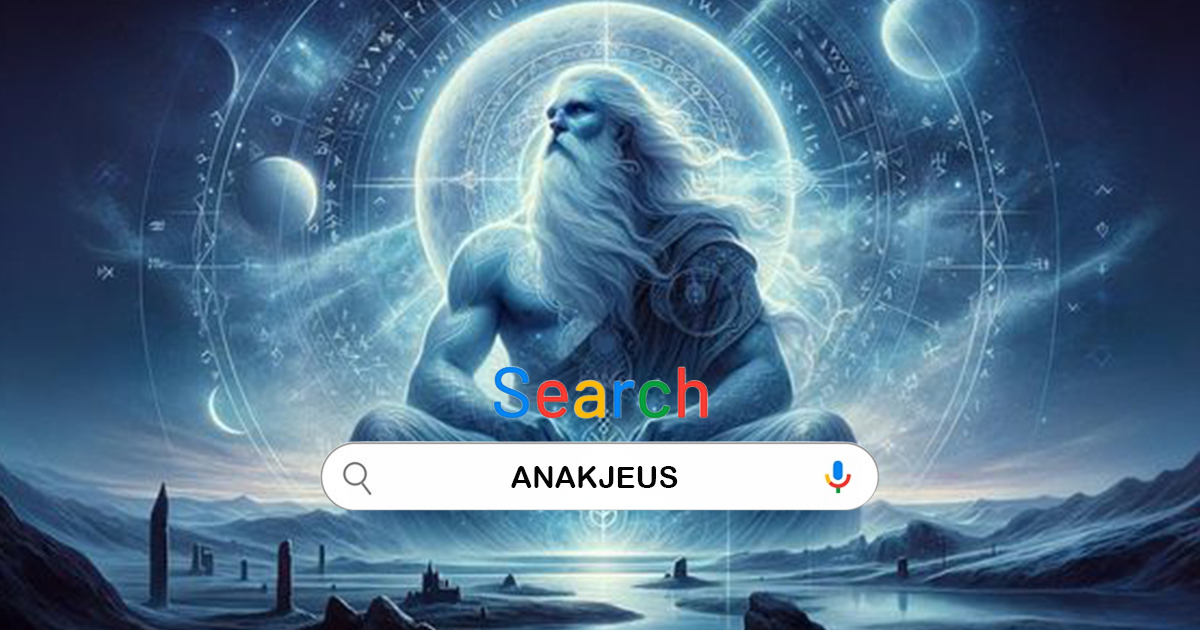
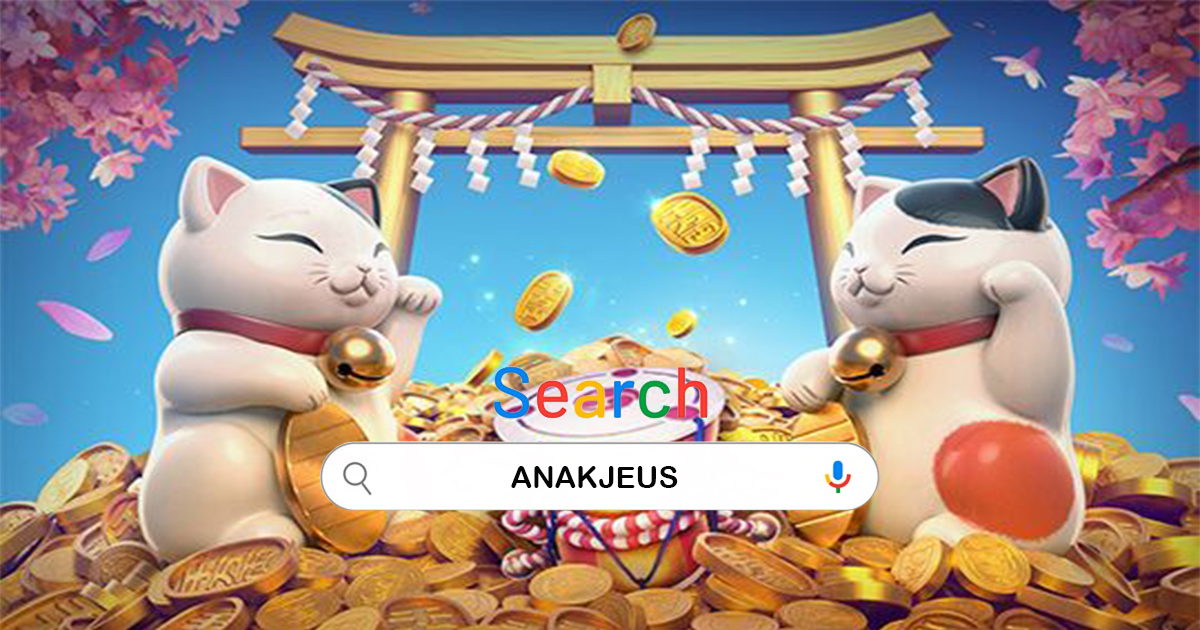
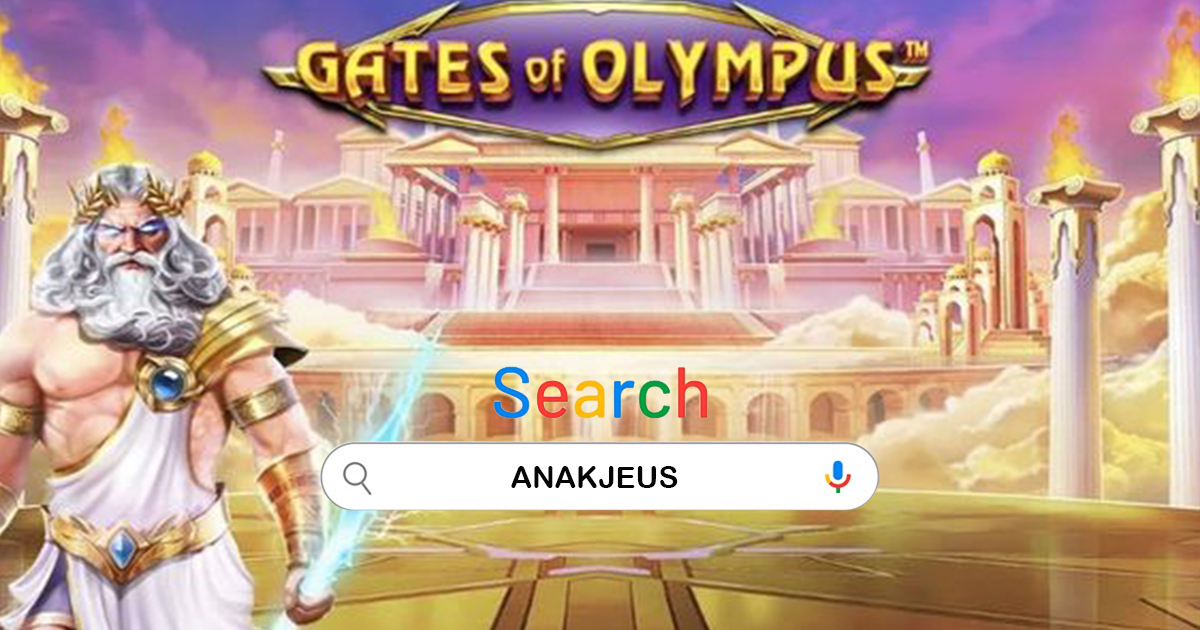
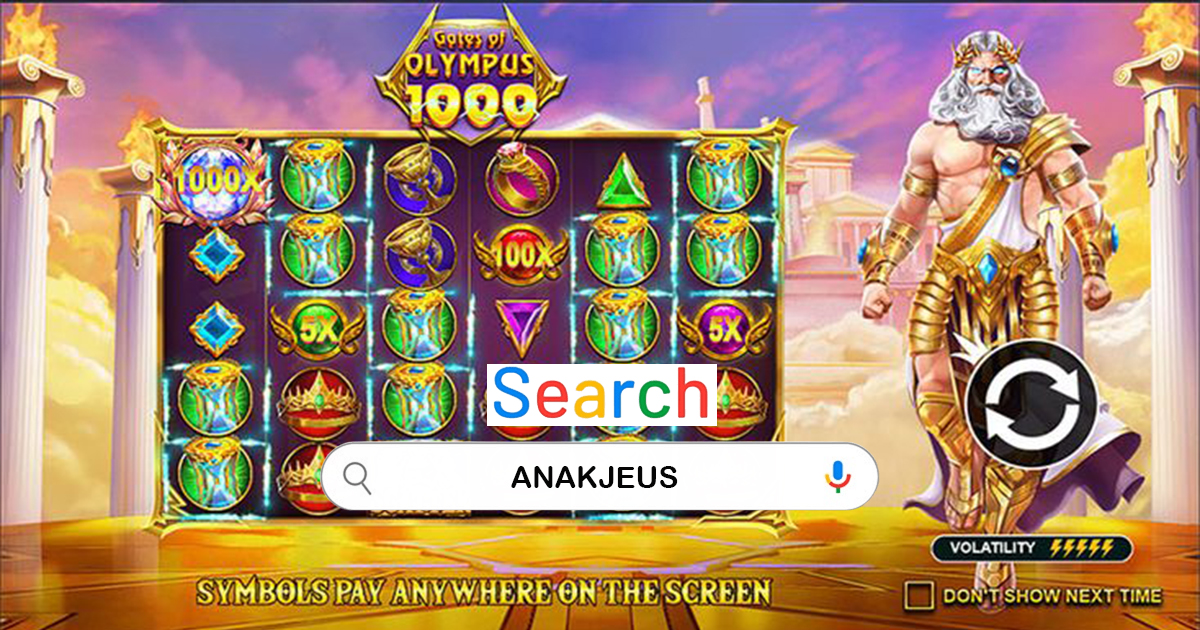

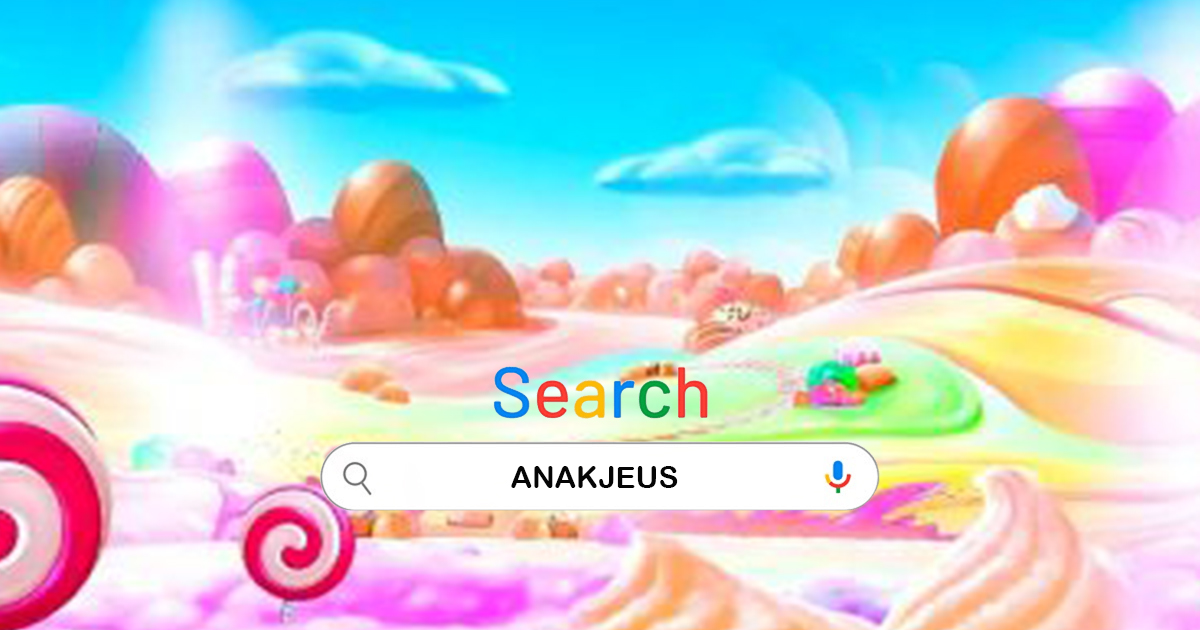


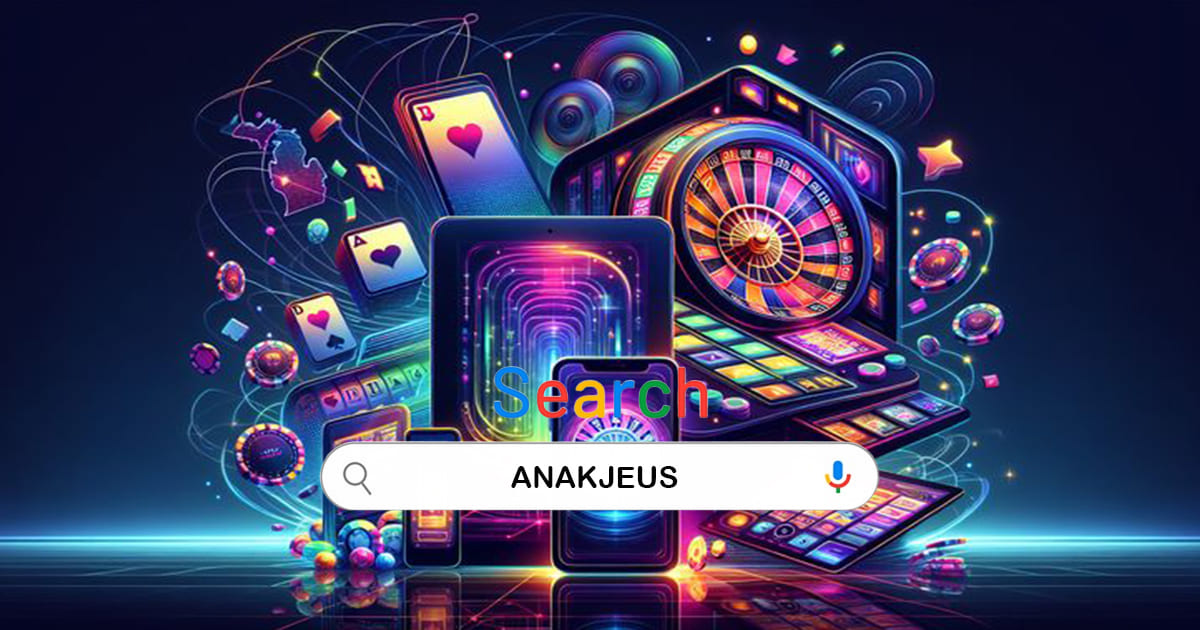

Leave a Reply